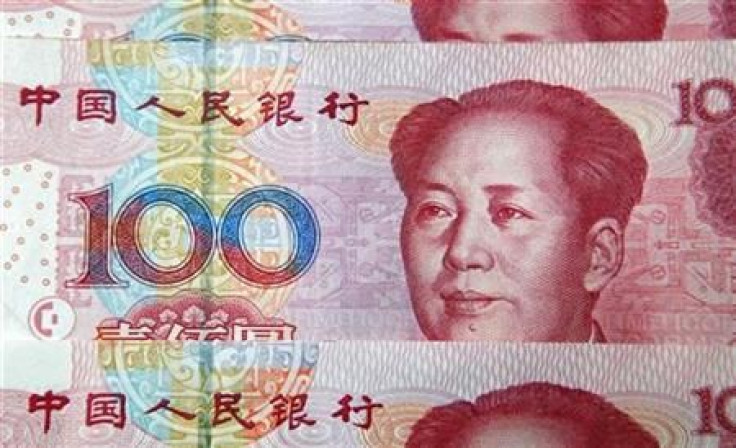China’s Economy Grew At 7.9% In Q4: Official Data

China’s economy rose at a better than expected rate in the fourth quarter of 2012, indicating a revival of economic growth momentum of the country.
According to data released Friday by the National Bureau of Statistics of China, the country’s gross domestic product, which measures the annualized change in the inflation-adjusted value of all goods and services produced, rose to 7.9 percent in the fourth quarter of 2012, up from 7.4 percent in the third quarter and above analysts’ average estimate of 7.8 percent.
Data released Friday by the NBS also showed that the country’s industrial production, which measures the change in the total inflation-adjusted value of output produced by manufacturers, mines and utilities, rose 10.3 percent in December, up from 10.1 percent in November.
The NBS also reported that China’s retail sales, which measure the change in the total value of inflation-adjusted sales at the retail level, rose 15.2 percent in December compared with the same period last year, up from 14.9 percent in November.
Markets welcomed the report. The MSCI's broadest index of Asia-Pacific shares outside Japan rose 0.5 percent Friday, snapping a three-day losing streak, carrying upbeat momentum after the Standard & Poor's 500 Index rallied to a five-year closing high, Reuters reported.
Australian shares added 0.3 percent after closing Thursday at a 20-month high; however, an unexpected fall in Australian employment in December narrowed the odds of another interest rate cut.
Hong Kong shares rose 0.7 percent and Shanghai shares gained 0.5 percent.
In Tokyo, the Nikkei surged 2.2 percent as the yen resumed its downward trend after a brief pause in recent heavy selling. A weak yen helps improve earnings prospects for Japanese exporters.
The stronger equities boosted Asian credit markets, tightening the spread on the iTraxx Asia ex-Japan investment-grade index wider by 3 basis points.
Analysts are not fully optimistic about the revival of China’s growth, however, as global economic conditions continue to be weak amid the debt crisis in the euro zone. It was also reported earlier in the month that China’s inflation rate accelerated faster than expected in December, making inflation a continued cause of concern and lowering the prospects for a further loosening of monetary policy. Data from the NBS released this month showed that the consumer price index of China rose 2.5 percent in December compared with the same period in the previous year, up from 2 percent in November.
Market participants hope policymakers will soon announce monetary easing measures to help spur industrial activity. However, inflationary pressures have added to concerns about the slowdown in economic growth, as they pose a major obstacle for the central bank to assertively cut interest rates.
Policymakers will soon have to make their stances clear on whether they will give priority for pro-growth measures or take steps to control inflation. Market players feel that instead of fighting inflation, the most urgent priority for China appears to be its growth policy, which is set against the backdrop of the current uncertain global economy.
© Copyright IBTimes 2024. All rights reserved.











